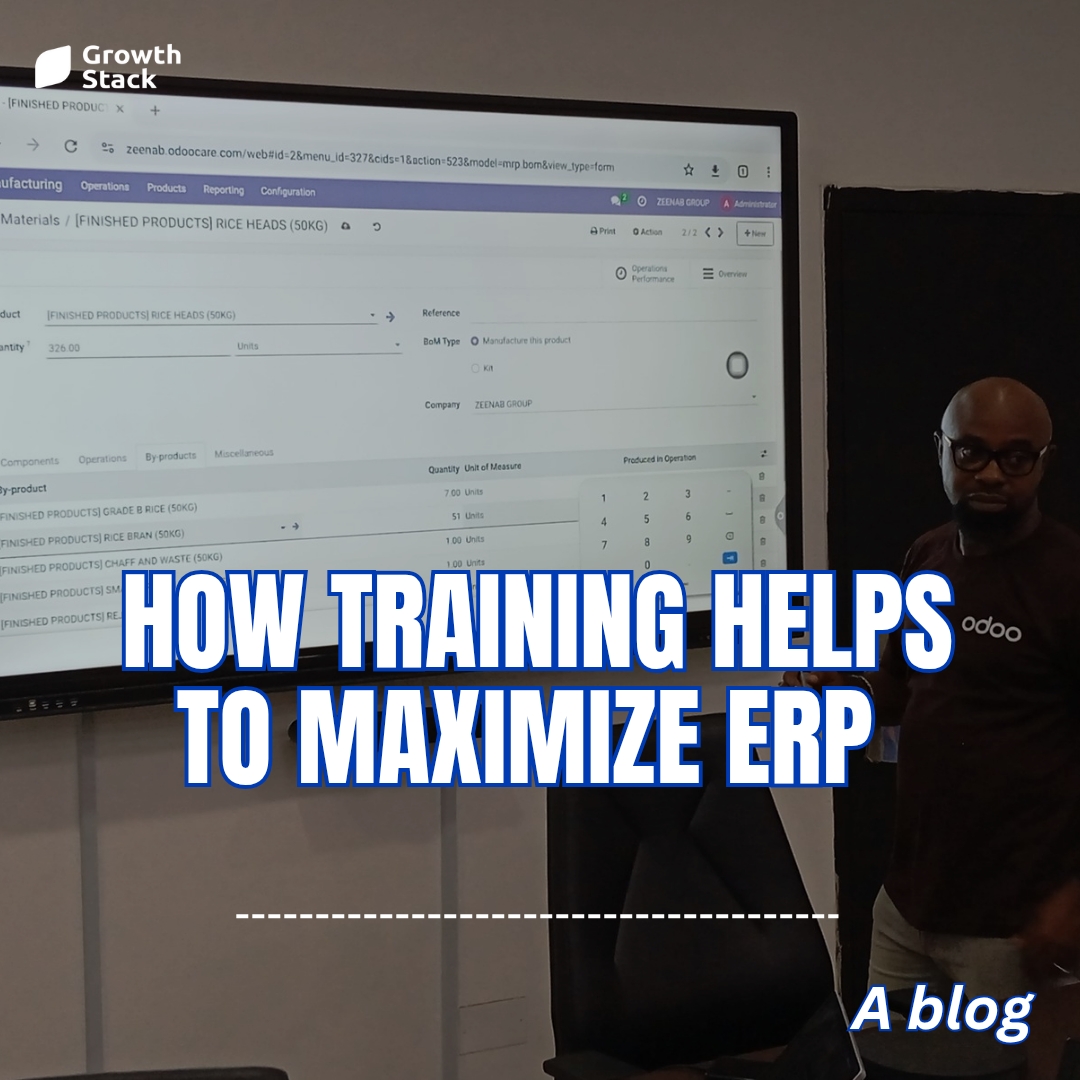Software for enterprise resource planning (ERP) can significantly affect an organization’s quality. The following are some ways that ERP software can affect and enhance quality:
Creating consistent processes and procedures across the organization is made easier by ERP systems. ERP software guarantees that quality requirements be satisfied across departments and locations by providing uniform procedures and rules. This lowers variances and raises the caliber of the commodity or service.
ERP systems offer a consolidated database that combines data from various departments and functions. Through centralization, data accuracy is increased, duplication is decreased, and everyone has access to the most recent information. Real-time, accurate data facilitates educated decision-making, which enhances quality management and control.
Enhanced Traceability:
ERP software makes it possible to effectively trace activities, transactions, and data across the whole enterprise. In sectors like manufacturing, healthcare, and food where product traceability and quality audits are crucial, this capability is especially helpful. Tracing components, activities, and processes ensures quality control and, if necessary, enables efficient recall management.
Streamlined Processes: ERP systems automate manual operations, cut down on paperwork, and get rid of waste to streamline company processes. Automation increases total process efficiency and lowers the possibility of human error. ERP software helps to increase quality and customer happiness by reducing mistakes and delays.
Enterprise software
is computer software created to assist a whole organization in improving its management and business reporting. Such programs should enable firms to address company-wide issues rather than departmental ones. They can increase an organisation’s productivity and efficiency by assisting with the management, storage, and processing of vast quantities of frequently complex data.As a result of everyone in the organisation having access to the same data when it comes to financial or production reporting, ERP software not only enables real-time updates to help teams immediately pivot when there is an anomaly, it also ensures data consistency, breaking down silos, according to Brusseau.According to Guido Van den Broeck, director, product management, QAD, operating in complicated, worldwide supply chains puts a great deal of pressure on manufacturers. Maintain rising quality standards, higher customer expectations, and compliance requirements.
Fortunately, Van den Broeck notes that many of these demands can be reduced for factories with the use of ERP solutions. “The purpose of ERP systems is to automate business processes and consolidate business data into a single source of truth.”Before ERP systems, industrial processes were conducted on paper, and invoices had to be sent from the floor to finance officials, according to Brusseau. “This opened the door for human errors, such as lost things, misplaced papers, and inaccurate data entry, which might have a severe influence on quality. Businesses can save time and effort on manual processes and prevent expensive reporting errors by having real-time data available and stored in the cloud.In addition to streamlining audits and reporting, data accessibility and confidence reduce this potential resource drain. Organizations require more security for their sensitive data in light of the increased awareness of cyber and ransomware assaults in modern society, according to Brusseau. Businesses who use ERP solutions are aware that their data is secure on the cloud, preventing data loss.













